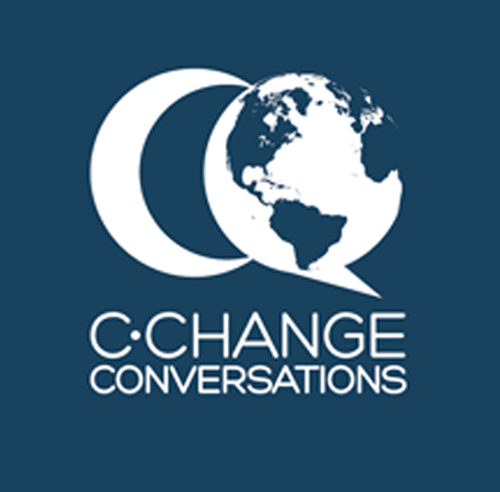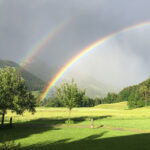
Kathleen Biggins
Founder / PresidentFollow Kathleen on LinkedIn.
Learn more climate news of hope and concern from our monthly newsletter,
Curated Climate News. Use the form on the right to sign up.
As glorious autumn weather arrives in the Northeast, it may be easy to let the summer’s weather disasters fade to the back of our minds. But we can’t. From September’s extreme rainfall in the New York region and tragic flooding in Libya to the devastating wildfires and heat in July and August, our reality is clear: nature is playing by a new set of rules. Our infrastructure, built for yesterday’s climate, is no match for today’s climate challenges, much less tomorrow’s. We are all vulnerable, whether we live in the global north or south, in cities or in rural areas.
And while it’s true more of us are living in exposed areas, these events are happening more frequently and often pack a stronger punch because of climate change. The relatively new science of attribution allows us to quickly identify when climate change exacerbates or enables these disasters – and the data is damning. Research shows the Libyan floods were made 50 times more likely due to climate change. The unbearable heat across the U.S. Southwest would have been virtually impossible before we warmed the planet by burning fossil fuels. And the rain that inundated New York showed that even cities that have hardened their infrastructure are unprepared for what’s coming.
The threats aren’t just physical. This reckoning – that our risks can no longer be predicated on the past because we have so radically changed the norms in our future – is coming for our vital industries and markets: insurance, housing, construction, and investment. The economic, legal, and fiduciary risks will be significant for those who don’t, or won’t, factor in the new norms when the science and evidence are so clear.


